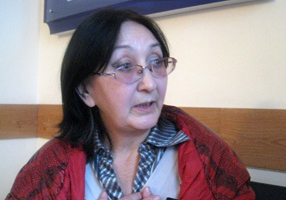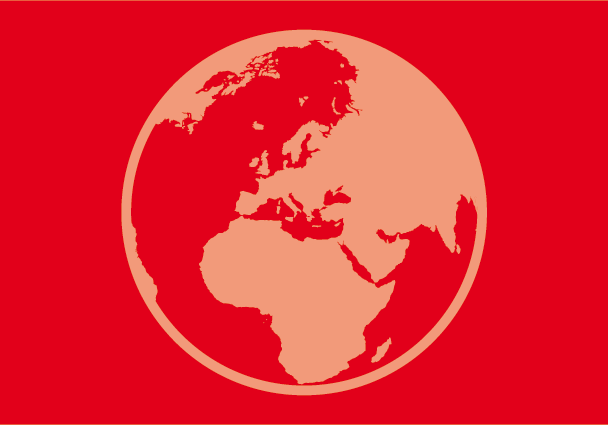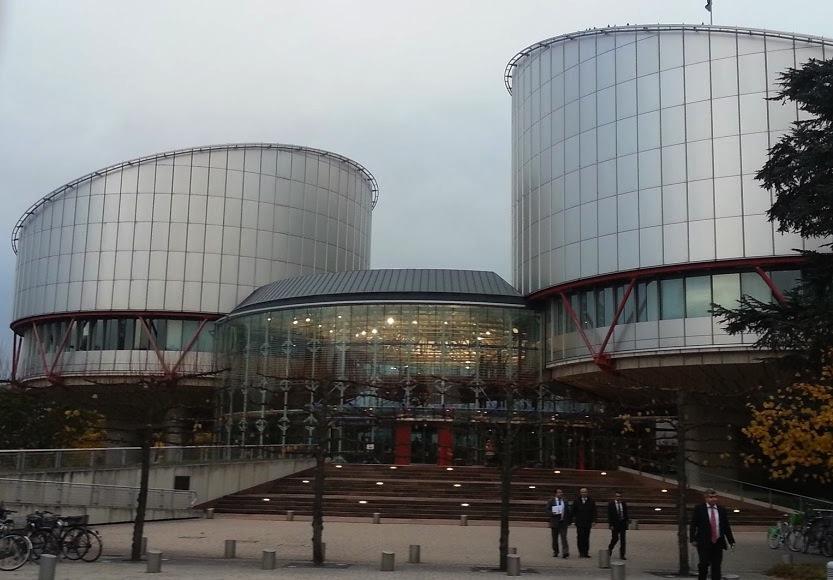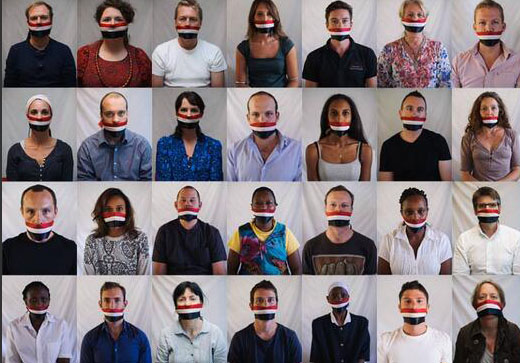
Kazakhstan: ICJ is concerned at new detention of lawyer Zinaida Mukhortova
The ICJ today expressed serious concern at the reported apprehension and placement in a psychiatric facility of lawyer Zinaida Mukhortova.

The ICJ today expressed serious concern at the reported apprehension and placement in a psychiatric facility of lawyer Zinaida Mukhortova.

The ICJ’s Director of International Law and Protection Programmes, Alex Conte, today addressed the Human Dimension Committee of the Organization for Security and Co-operation in Europe (OSCE) on the subject of human rights and terrorist listing and sanctions regimes.
The ICJ’s intervention:

The ICJ today welcomed the significant steps forward taken by the UN Human Rights Council aimed to develop and strengthen the protection of people from corporate human rights abuses around the world.

The ICJ is today holding an expert roundtable on asylum claims based on sexual orientation, gender identity or expression.
Participants include asylum judges and lawyers; officials from national refugee status determination authorities, the Office of the UN High Commissioner for Refugees and the Office of the UN High Commissioner for Human Rights; asylum academics; and staff members from other NGOs, including the Organization for Refuge, Asylum & Migration (ORAM), the Human Dignity Trust (HDT), the Advice on Individual Rights in Europe (AIRE) Centre and the Belgian Refugee Council.
At the roundtable, taking place in Brussels, participants will discuss: the legal challenges and responses in the context of asylum claims based on sexual orientation, gender identity or expression and refugee law; reflections on the UNHCR’s Guidelines on International Protection No. 9: Claims to refugee status based on Sexual Orientation and/or Gender Identity; the concept of persecution and assessment of evidence in the context of those claims; and the relevance of European human rights law to asylum claims based on sexual orientation, gender identity or expression.
The programme of the expert roundtable can be downloaded here.
This roundtable forms part of a broader project of the ICJ on international protection claims based on sexual orientation, gender identity or expression. The ICJ’s commentary on the related CJEU judgment in X, Y and Z v The Netherlands can be downloaded here.

The ICJ expresses its disappointment today at the judgment of the European Court of Human Rights in the case of M.E. v. Sweden (Application No. 71398/12).

The ICJ deplores the wave of recent decisions by Egyptian officials and courts that aim to silence journalists, human rights defenders, political activists and all those suspected of opposing the military and the government.